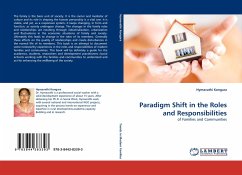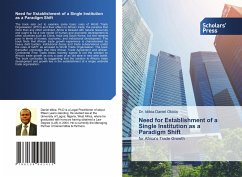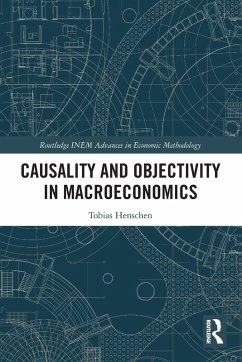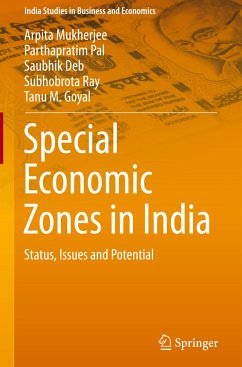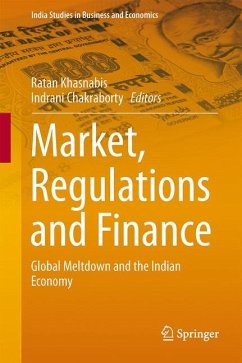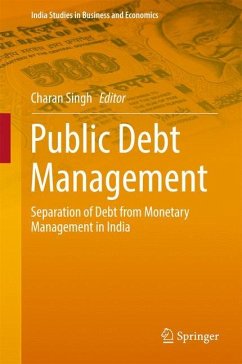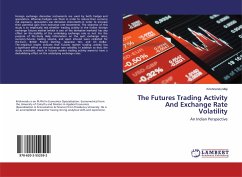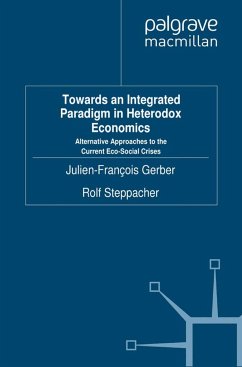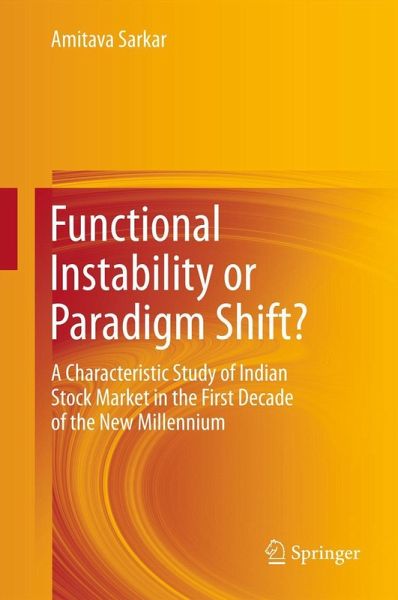
Functional Instability or Paradigm Shift?
A Characteristic Study of Indian Stock Market in the First Decade of the New Millennium
Versandkostenfrei!
Versandfertig in 6-10 Tagen
38,99 €
inkl. MwSt.
Weitere Ausgaben:

PAYBACK Punkte
19 °P sammeln!
The study investigates the working of the Indian stock market in recent years and attempts to look for functional instability, if any, embedded in the stock market. Specifically, it explores to discern whether there been any significant change in recent years in Indian stock market and the nature and characteristics of such changes, if any. It chooses the nine year period from 1999 to 2008. Over this period, stock market witnessed some major price changes: one in late 1999 that ended in mid 2001, another that commenced from mid 2004 and a recent one that in effect commenced from early 2008. Th...
The study investigates the working of the Indian stock market in recent years and attempts to look for functional instability, if any, embedded in the stock market. Specifically, it explores to discern whether there been any significant change in recent years in Indian stock market and the nature and characteristics of such changes, if any. It chooses the nine year period from 1999 to 2008. Over this period, stock market witnessed some major price changes: one in late 1999 that ended in mid 2001, another that commenced from mid 2004 and a recent one that in effect commenced from early 2008. There is significant volatility in the market with presence of risk premium;there is asymmetric impact. The market responds more to the negative shocks. The global stock market is having its influence on Indian stock market. The impact of developed country effect, particularly, that of US stock market has been the most prominent. There is some evidence for regional contagion. When we look at the domestic sectors, we see that the traditional sectors, -Capital Goods and Consumer Durables,are the two most predominant sectors. Other sectors, particularly the IT sector, have only a mild, almost insignificant impact on market volatility and transmits very little of its volatility to other sectors.





